Manchester Arena bombing inquiry chairman raises progress concerns
- Published
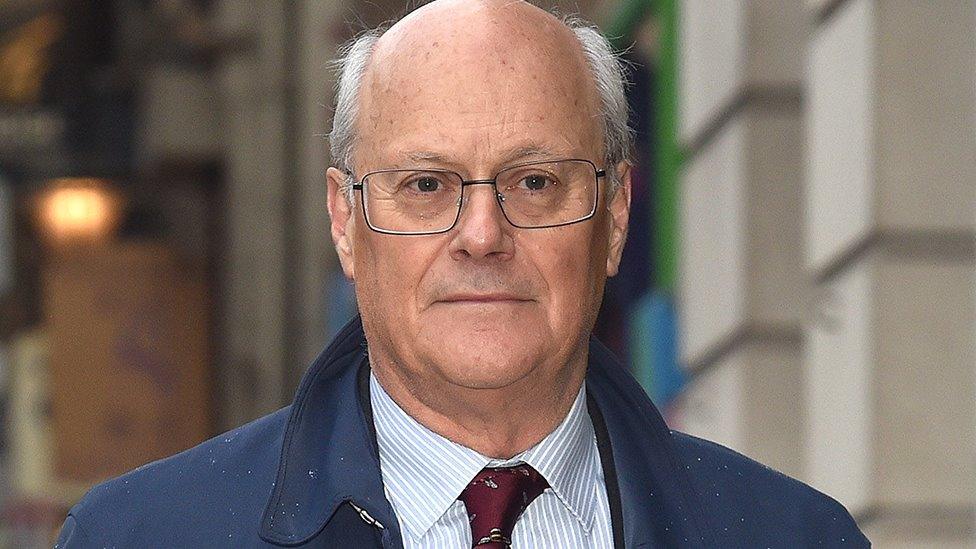
Sir John said there was an "ongoing problem" of "making sure that recommendations from inquiries are implemented"
Progress on some recommendations made by the Manchester Arena bombing inquiry has been slow, its chairman has said.
The inquiry, which opened in September 2020, has made a number of directions after hearing evidence about the attack on 22 May 2017, which killed 22 people.
In a letter, chairman Sir John Saunders said the provision of emergency care and CCTV operation remained areas of concern for larger venues.
In June, victims' families said the delays were "absolutely heartbreaking".
The inquiry heard its last evidence on 15 February 2022, more than two years after it opened, and had previously called 291 witnesses and considered 172,000 pages of documents.
In his open letter to the media, Sir John said he had been able to monitor the recommendations made in interim reports while the inquiry was sitting, but as its work was almost at an end, steps must be taken to ensure any outstanding recommendations were implemented.
"In order to be assured that that is happening, I am convinced that there needs to be monitoring of the recommendations," he said.

Twenty-two people died in the bombing, which happened at the end of Ariana Grande's concert on 22 May 2017
He said there was an "ongoing problem" of "making sure that recommendations from inquiries are implemented and not forgotten".
"What is missing and needs to be thought about is public accountability," he said.
"It is important for the public and, in this case particularly the bereaved families, that reports on progress are made in a public forum.
"Whether that is to a select committee of Parliament as has been suggested or, in a report which is made public, there has to be public accountability."
He said that after the inquiry's most recent hearings in June, he had identified "some areas where it seems that progress has been slow, or recommendations have been rejected".
"The important area of ensuring that there is proper provision of medical care at large arenas does not seem to have got any further forward despite the concerns and representations of the Care Quality Commission," he said.
"I do not regard this as satisfactory and recommend that urgent action is taken to rectify a situation that we were told was causing loss of life."
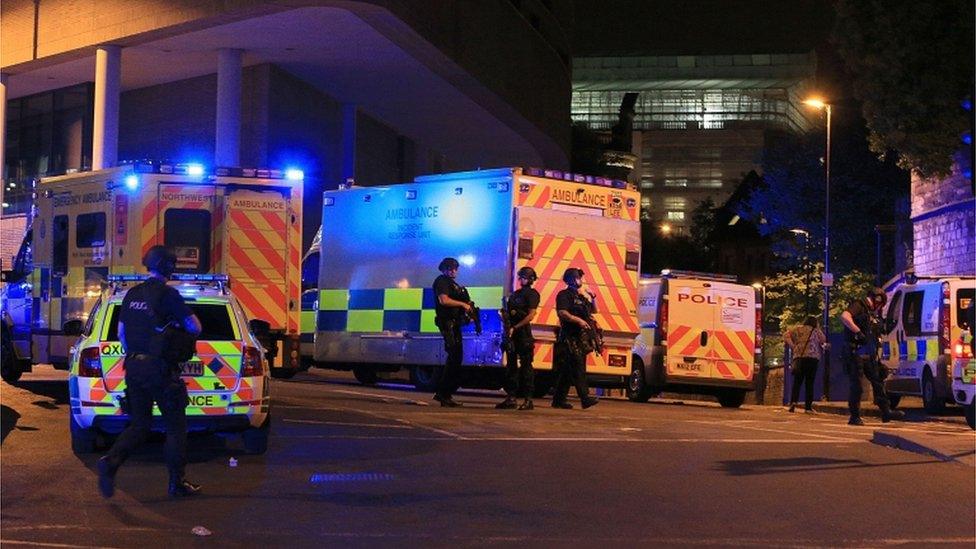
The inquiry into the attack has called 291 witnesses and considered 172,000 pages of documents
He also said that his recommendation about all CCTV operators, whether in-house or contractors, be trained and licensed by industry regulators had not been supported by politicians.
"The Government has not implemented it because it is said to be 'over-regulation'," he said.
He said that decision had been "made without any consultation with the industry" and it was "difficult to see why there should be this distinction in training requirements".
"I would ask the Government to think again," he added.
The inquiry has published three reports about its findings.
Volume One, published in June 2021, highlighted a string of "missed opportunities" to identify suicide bomber Salman Abedi as a threat before he walked across the City Room foyer and detonated his device.
The second volume, published in November 2022, delivered scathing criticism of the emergency services' response to the bombing.
The inquiry's final report, published in March 2023, said the attack might have been prevented if MI5 had acted on key intelligence received in the months before the bombing.

Why not follow BBC North West on Facebook, external, Twitter, external and Instagram, external? You can also send story ideas to northwest.newsonline@bbc.co.uk, external
Related topics
- Published8 June 2023

- Published2 March 2023

- Published2 March 2023
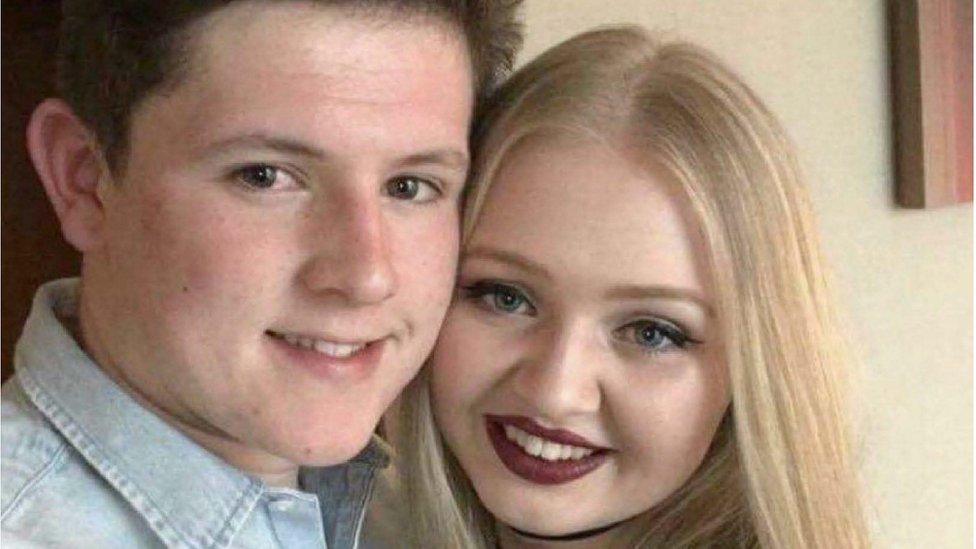
- Published2 March 2023
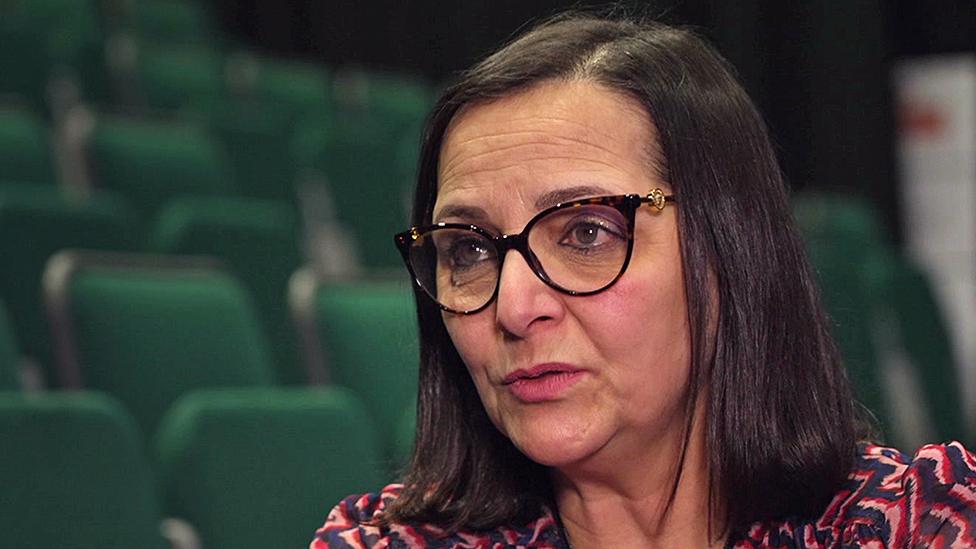
- Published2 March 2023
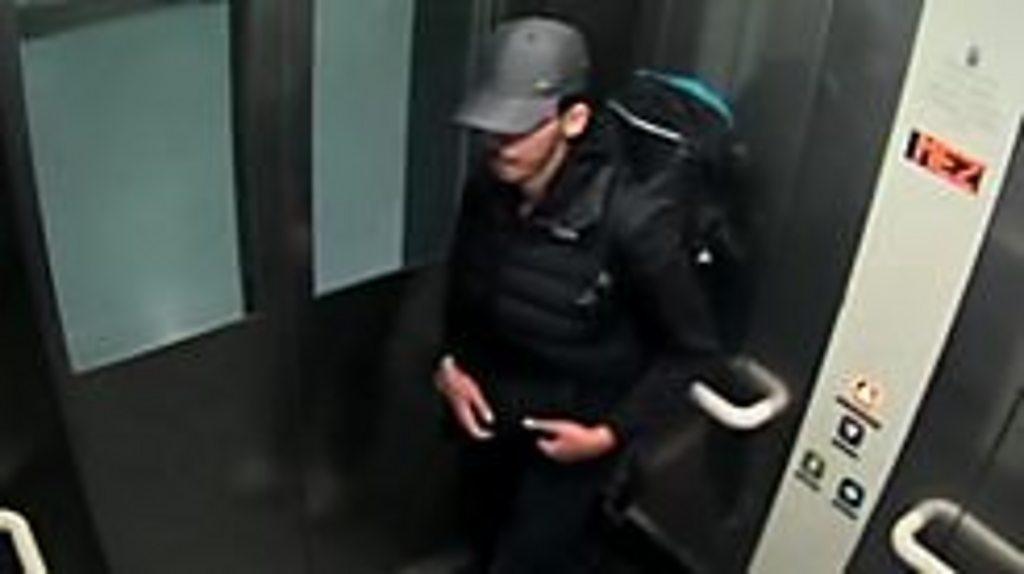
- Published28 February 2023
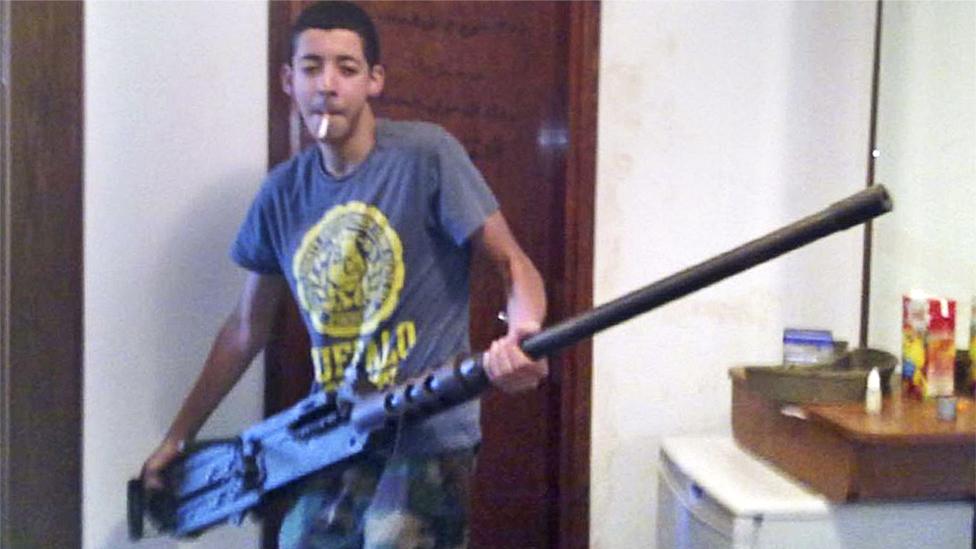
- Published3 November 2022

- Published3 November 2022
